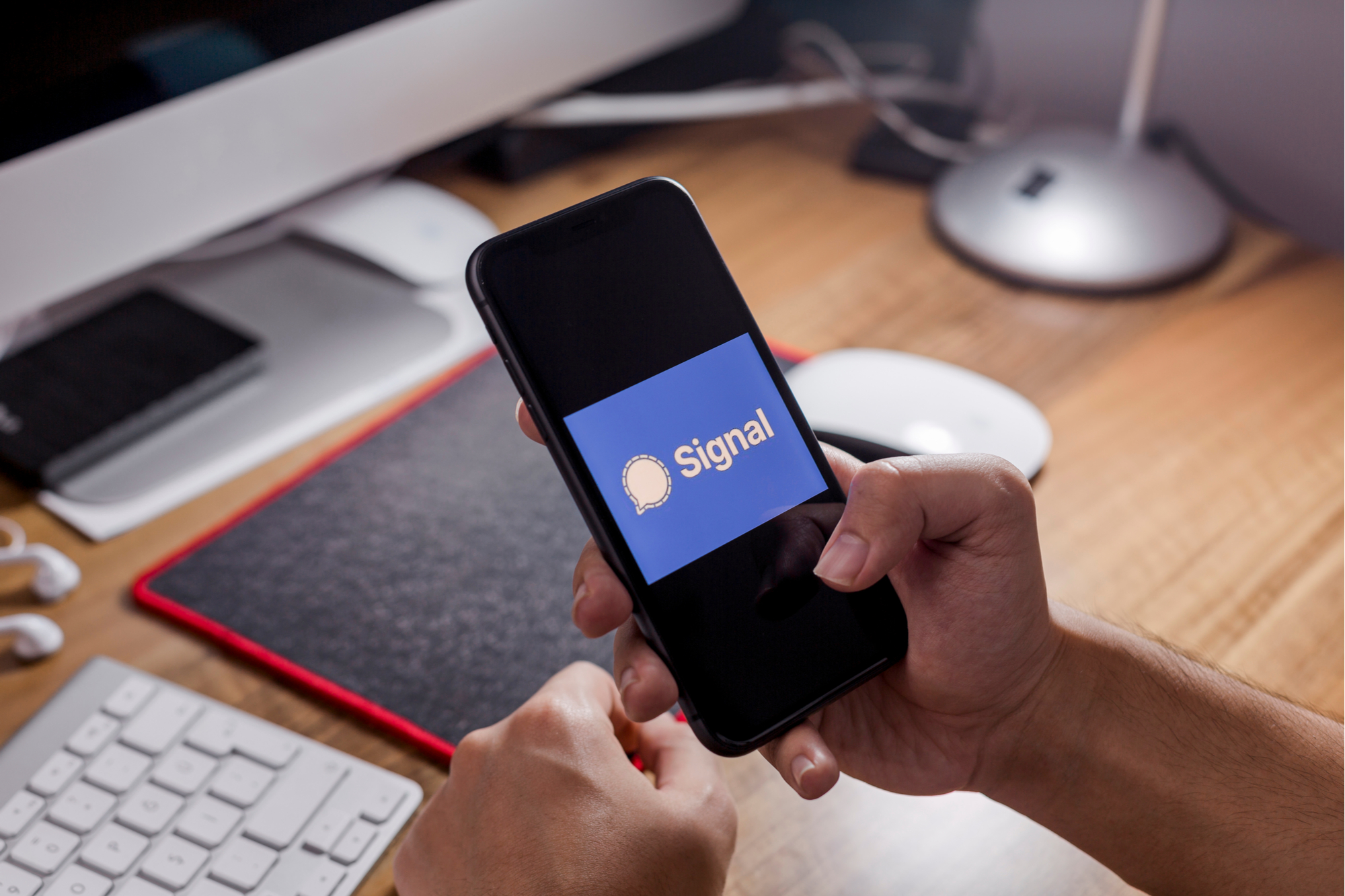Signal, the famous instant messaging application, strengthens its encryption protocol. This can now be protected from future quantum attacks. Is this really useful?
If there is one rule that prevails in the field of cybersecurity, it is this: there are no security measures that are impossible to circumvent. Part of the reason for this lies in the evolving nature of threats to digital entities.
This summer, Google implemented protection for its Chrome browser so that it can resist future quantum attacks. A technical development that can be described as proactive, since this type of attack does not yet exist. Why are these large digital companies developing these new security protocols?
A pension update
To understand this choice, you must first understand what a quantum computer is and how it could be used in hacking activities. It is a machine based on the principles of quantum physics. It does not use bits (0 or 1) to operate, but qubits. These have the capacity to be in a state 0, 1 at the same time, or to superimpose: this is the principle of quantum superposition. The advantage this gives them is colossal, since their computing power is disproportionately greater than that of conventional computers.
We therefore speak of a quantum attack when such a device is used for the purposes of decryption or compromise of security systems. Systems which today logically resist the computing power that we are capable of deploying.
Thus, Signal announced the addition of new quantum protection to its protocol. In more detail, the messaging service transformed its X3DH specification into PQXDH (Post-Quantum Extended Diffie-Hellman). This means that the application is now encrypted using classical security protocols and quantum protocols. This measure will strengthen the security of the encryption of exchanges carried out on Signal if quantum attacks one day become normalized.
The potential threat of quantum computers
At the moment, we are very far from the widespread adoption of quantum machines. These are confined to very specific tasks (cryptography or molecular simulation), and the general public does not use them. However, a rather distressing scenario is giving security experts pause today: the “ Harvest now, decrypt later » (HNDL). In summary, it would be possible for hackers to steal encrypted data today and store it in the hope of one day deciphering it thanks to the computing power provided by quantum.
This may seem absurd from the general public’s point of view, but this future threat is taken very seriously by many digital companies. The dangers looming over the security of systems evolve as quickly as the measures ensuring their protection. Signal is therefore getting ahead of the curve by establishing this hybrid encryption protocol.
Download
- Feature-rich
- Open source
- Secure
Simple and secure, this messaging application offers free IP calls as well as group discussions. An essential tool for trading anywhere and for free!
Simple and secure, this messaging application offers free IP calls as well as group discussions. An essential tool for trading anywhere and for free!
Source : The Hacker News

3